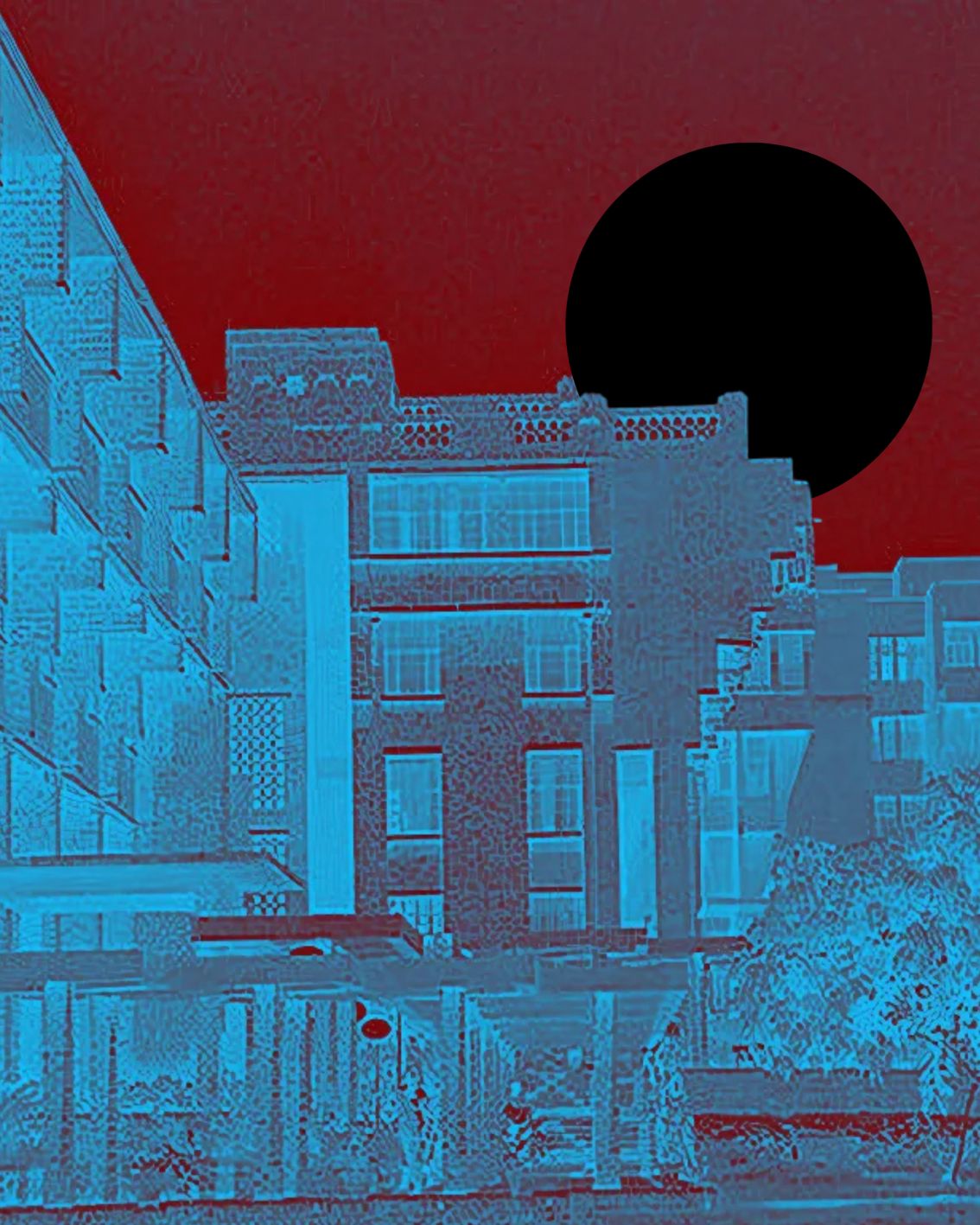Darshan belonged to a Dalit community; both his parents worked as daily-wage laborers. When his classmates found out about his caste (because, in our so-called democratic country, your identity is defined by your caste), the harassment began. Classmates would make comments like, "We're paying so much, but you get in for free," belittling his presence, achievements, and potential simply because of his background. Such bullying is not only cruel but also reveals the deep prejudice still rooted in our society and, sadly, within our most reputed institutions.
A Pattern of Systemic Failure
Personal Experience
I was only twenty at the time, and this was the first time I had faced such direct taunting about my caste. They didn't hesitate to discuss it openly, reducing me to a stereotype without knowing anything about my background. What they didn't know – and never cared to ask – was that both my parents were daily-wage laborers and that we couldn't afford coaching classes.
Institutional Discrimination
Even when marginalized students work hard and succeed, they're rarely given the respect they deserve. They are labeled as "beneficiaries of the system," as though their achievements were handed to them, while their struggles and resilience are ignored. This doesn't just harm their mental health; it is a form of social violence that forces these students into isolation and despair.
The Need for Change
There must be systems in place to identify individuals – whether they're students or faculty – who perpetuate caste-based discrimination. Such behavior needs to be addressed firmly, with real consequences. Educational institutions have a responsibility to create safe environments where every student, regardless of caste, can pursue their education without fear or prejudice.
We owe it to Darshan, Rohith Vemula, and countless others who have lost their lives under the weight of prejudice. We owe it to every young person in this country, especially those from marginalized communities, to create a world where their caste does not define their opportunities or determine how they are treated.
It's time for us to confront this problem head-on, to speak out against discrimination, and to hold our institutions accountable. Ending caste-based discrimination is not just a matter of policy or awareness; it's a matter of humanity and justice.

